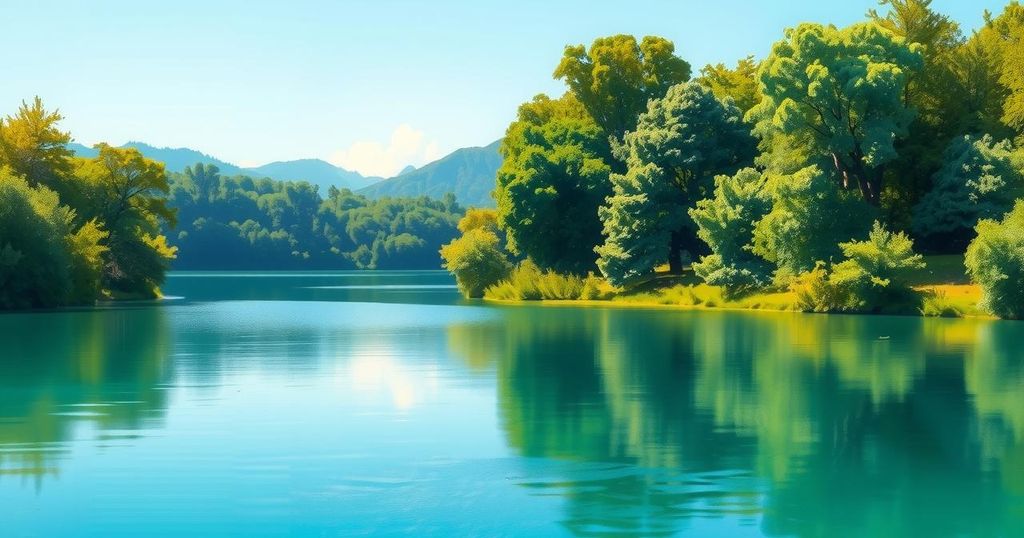The fishing ban at Lake Chivero remains as investigations into fish deaths continue. Environmental pollution from Harare’s waste has been blamed for the crisis, prompting ZimParks to restrict fishing activities and explore remediation techniques. Improvements in water quality have been noted, but fishing remains prohibited until further tests are completed.
The Zimbabwe Parks and Wildlife Management Authority (ZimParks) announced that the fishing ban at Lake Chivero will remain in effect while investigations into recent fish deaths are ongoing. This ban, implemented in December, followed alarming incidents where numerous species, including four white rhinos and various fish, perished after exposure to the lake’s polluted waters.
Environmentalists have attributed the water contamination to untreated sewage and industrial waste from Harare’s households and businesses. ZimParks’ spokesman, Mr. Tinashe Farawo, noted, “Because of the good rains, the algae is clearing and there have been some improvements in the aquatic conditions for fish. However, the ban on fishing still stands.”
The authority has implemented this prohibition to allow for the completion of further tests by a designated committee. Adverse practices such as pollution, overfishing, and destructive fishing methods have critically endangered local aquatic life.
In addition to the fishing restrictions, research is actively being conducted into biological remediation techniques, including the use of effective microorganisms, aimed at restoring contaminated zones within Lake Chivero. Originally constructed in 1952 to supply water to Harare, the lake continues to suffer from severe environmental challenges.
In summary, the fishing ban at Lake Chivero persists as authorities investigate the causes of significant fish and wildlife fatalities linked to water pollution. The focus remains on addressing the environmental damage caused by human activity while exploring biological solutions for rehabilitation. These efforts are crucial for restoring the health of Lake Chivero’s ecosystem.
Original Source: allafrica.com






